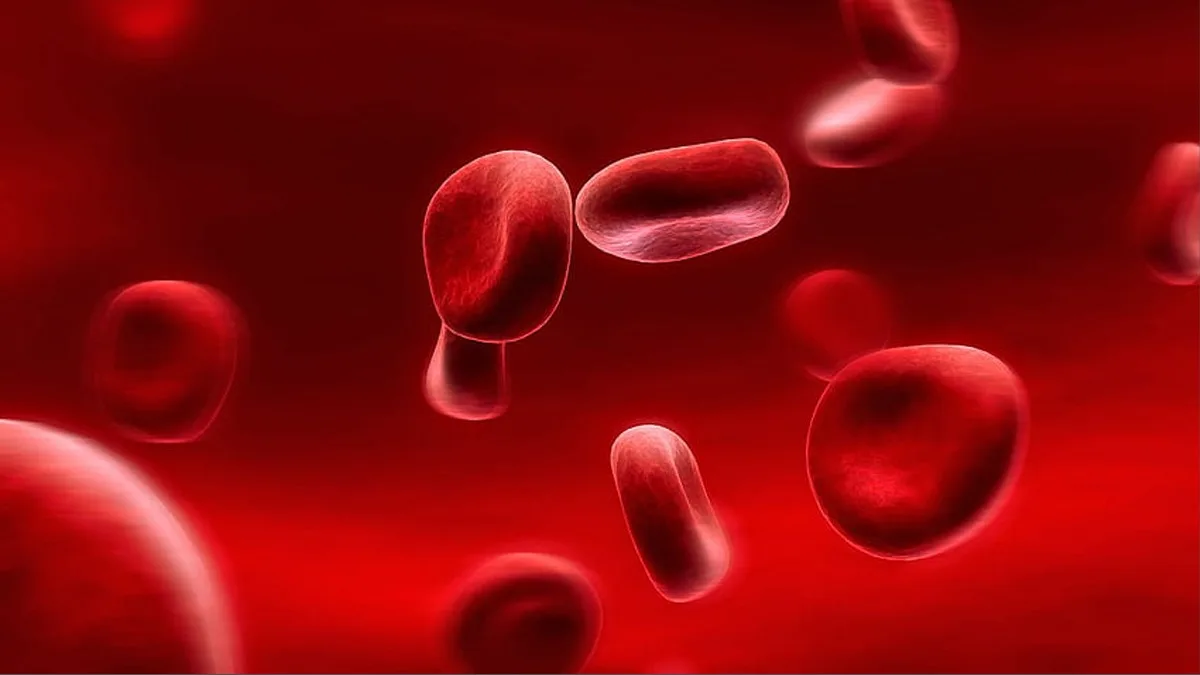Anemia, a condition characterized by a reduced number of red blood cells or a hemoglobin deficiency, is a prevalent blood disorder affecting people of all ages and backgrounds. The consequences of anemia ripple through the body, impacting overall health and well-being. Understanding the causes, symptoms, and treatment options for anemia is crucial for individuals and healthcare professionals.
Causes of Anemia:
Iron Deficiency Anemia:
Iron, a vital component for hemoglobin synthesis, plays a central role in red blood cell production. Insufficient dietary intake of iron, poor absorption, or chronic blood loss can lead to iron deficiency anemia. This form of anemia is prevalent in menstruating women, pregnant women, and individuals with gastrointestinal disorders that affect iron absorption.
Vitamin Deficiency Anemia:
Vitamins B12 and folate are essential for DNA synthesis and red blood cell production. Deficiencies in these vitamins, often caused by poor dietary choices or underlying medical conditions affecting absorption, can result in anemia. Vegetarians, vegans, and individuals with certain gastrointestinal disorders are at an increased risk.
Chronic Diseases:
Chronic illnesses such as chronic kidney disease, inflammatory disorders, and autoimmune diseases can contribute to anemia. These conditions affect the body’s ability to produce and maintain healthy red blood cells, leading to chronic anemia.
Hemolytic Anemia:
Hemolytic anemia occurs when red blood cells are destroyed faster than the body can replace them. This can be caused by genetic factors, autoimmune disorders, infections, or exposure to certain medications or toxins.
Symptoms of Anemia:
Fatigue and Weakness:
A persistent feeling of fatigue and weakness is a hallmark symptom of anemia. Reduced oxygen-carrying capacity in the blood leads to a diminished ability of tissues and organs to function optimally, resulting in a pervasive sense of lethargy.
Pale Skin and Cold Extremities:
Anemic individuals often exhibit pale skin, particularly noticeable in the face and nail beds. Reduced blood flow can also lead to cold hands and feet, contributing to the overall discomfort experienced by those with anemia.
Shortness of Breath:
Insufficient oxygen supply to tissues prompts the body to work harder to compensate. This increased effort may manifest as shortness of breath, especially during physical activities or even at rest in severe cases.
Dizziness and Headache:
Inadequate oxygen delivery to the brain can result in dizziness and headaches. Anemic individuals may find themselves lightheaded or experiencing headaches more frequently than those with normal hemoglobin levels.
Treatment and Management:
Iron Supplements:
Iron deficiency anemia is often effectively treated with iron supplements. Healthcare professionals may recommend these supplements to replenish iron stores and stimulate red blood cell production. Dietary modifications to include iron-rich foods like red meat, poultry, fish, and fortified cereals can also support recovery.
Vitamin Supplements:
Vitamin B12 and folate deficiencies require targeted supplementation. This may involve oral supplements or, in severe cases, injections to ensure adequate nutrient levels for red blood cell production. Incorporating foods rich in these vitamins, such as dairy products, eggs, leafy greens, and legumes, is crucial for ongoing management.
Treatment of Underlying Conditions:
Addressing the root cause of anemia is essential for effective management. Treating underlying chronic diseases, managing autoimmune conditions, or addressing gastrointestinal disorders that impact nutrient absorption can significantly contribute to resolving anemia.
Blood Transfusions:
In critical cases where anemia poses an immediate threat to health, such as severe blood loss or a rapid drop in hemoglobin levels, blood transfusions may be necessary. This intervention provides a quick infusion of healthy red blood cells to restore oxygen-carrying capacity.

Anemia, though widespread, is a condition with diverse causes and presentations. Its impact on daily life can be profound, affecting energy levels, cognitive function, and overall quality of life. Recognizing the signs and symptoms of anemia is the first step toward effective management. Seeking timely medical advice, undergoing diagnostic tests, and implementing personalized treatment plans are crucial for individuals navigating the challenges of anemia.
Also Read: Epilepsy awareness: Navigating the waves of the ‘lightning storm’
As with many health conditions, preventive measures play a vital role. Maintaining a balanced diet rich in iron, vitamins, and other essential nutrients, along with regular health check-ups, can contribute to early detection and intervention. By unravelling the threads of anemia, we can empower individuals to take control of their health and work towards a vibrant and energetic life.





















